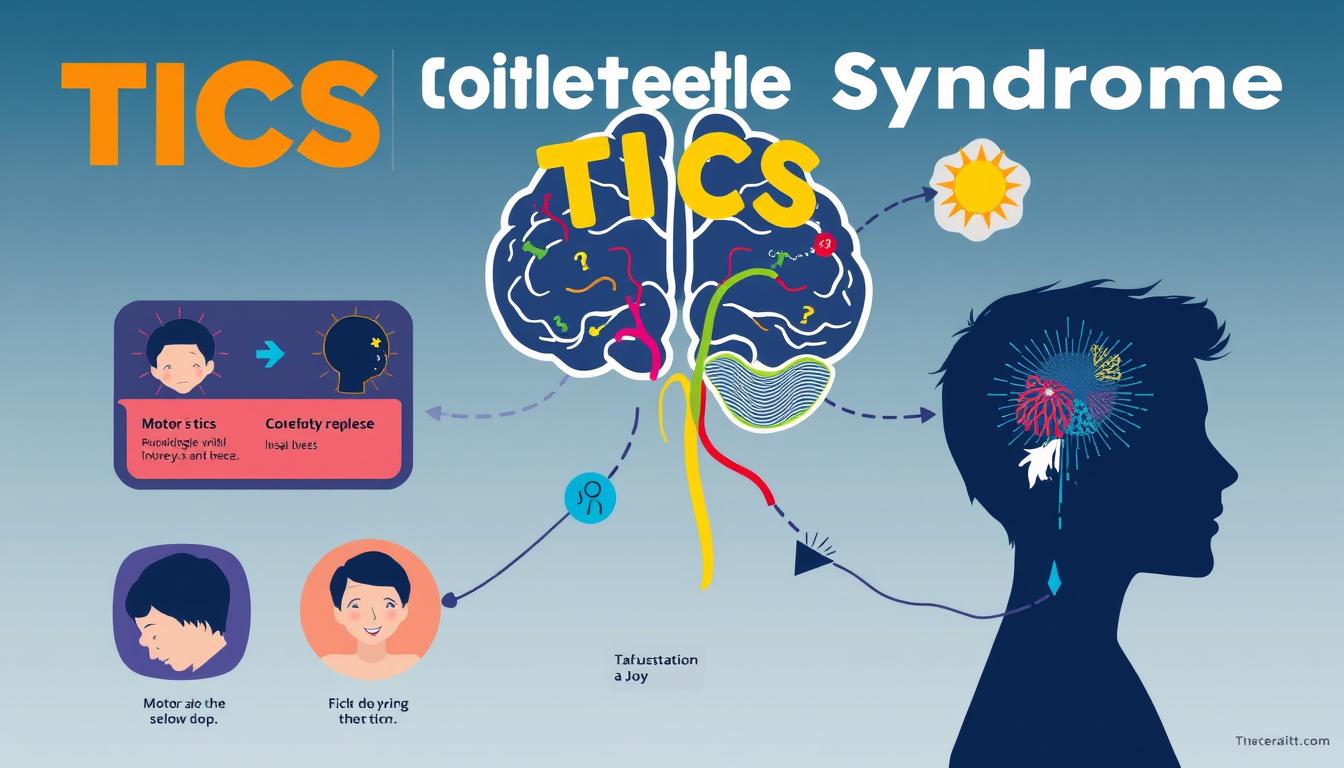Understanding behavioral disorders can be tough. But knowing the causes and solutions is key for good mental health. This guide will help you understand behavioral disorders better. It’s especially useful for those interested in child psychology.
Key Takeaways
- Gain insights into the nature and common types of behavioral disorders
- Learn to recognize the signs and symptoms that may indicate a behavioral disorder
- Explore the significant impact of behavioral disorders on daily life and relationships
- Understand the importance of early intervention and professional assessment
- Discover effective treatment approaches and support systems for managing behavioral disorders
Understanding the Nature of Behavioral Disorders
Behavioral disorders are complex conditions that can greatly affect a person’s daily life. They can show up in many ways, like impulsivity, aggression, social withdrawal, and emotional issues. It’s key to understand these disorders to offer the right therapy, counseling, and support systems.
Common Types of Behavioral Disorders
There are many types of behavioral disorders, each with its own set of challenges. ADHD, ODD, and CD are some of the most common. These conditions often happen together, making it hard to deal with the symptoms.
Signs and Symptoms to Watch For
- Difficulty controlling impulses and emotions
- Aggressive or disruptive behavior towards others
- Persistent defiance of authority figures
- Difficulty maintaining healthy relationships
- Withdrawal from social interactions
Impact on Daily Life and Relationships
Behavioral disorders can deeply affect a person’s life and relationships. They might find it hard to keep a job, make friends, or handle family life. This shows why therapy, counseling, and support systems are so important.
“Effective therapy and counseling can help individuals with behavioral disorders develop coping strategies and build the necessary skills to navigate the complexities of daily life.”
Behavioral Disorders: Causes and Solutions
Understanding behavioral disorders can be tough. But knowing the causes and finding solutions is key. Many things can lead to these disorders, like genes and environment.
Parenting plays a big role too. Ineffective discipline, lack of structure, and family conflicts can make things worse. But, positive reinforcement, routines, and talking openly can help a lot.
Outside the home, social influences, friends, and tough experiences also matter. Using counseling, support groups, and learning can help manage these disorders. It helps people become stronger and healthier.
Looking at all the factors and using many solutions helps a lot. It gives people and families hope and strength. With the right help and strategies, overcoming these challenges is possible.

“The key to managing behavioral disorders is to address the root causes, not just the symptoms. By understanding the complex web of factors at play, we can develop tailored solutions that truly make a difference.”
Every person’s story is different. Getting help from experts is very important. With effort and trying different coping mechanisms and parenting strategies, healing and growth are within reach.
Early Detection and Professional Assessment
Spotting and tackling behavioral disorders early is key to effective help. Early diagnosis helps people get the right support and treatment. It also lessens the long-term effects on their mental health and overall well-being.
Importance of Early Intervention
Early intervention programs are crucial for tackling behavioral disorders. These programs aim to find the root causes and offer specific support. They help people learn coping skills and adopt healthier behaviors. Early action can often stop symptoms from getting worse and boost the chances of a good outcome.
Finding the Right Mental Health Professional
- Look for licensed mental health experts, like psychologists, psychiatrists, or licensed clinical social workers, who focus on behavioral disorders.
- Think about their experience, treatment style, and availability when picking a mental health professional.
- Don’t forget to involve your primary care doctor. They can give great referrals and help manage your care.
Diagnostic Process and Evaluation Methods
The process to diagnose behavioral disorders includes a detailed evaluation. This includes psychological tests, interviews, and observations. Mental health experts use different methods, like standardized tests and diagnostic interviews, to understand your symptoms and behaviors fully.
“Early detection and professional assessment are crucial for managing behavioral disorders effectively. By identifying the underlying issues and providing timely intervention, individuals can develop coping strategies and improve their overall well-being.”

Getting early intervention and working with skilled mental health professionals can greatly change lives. By tackling challenges early, you can set the stage for better outcomes and a brighter future.
Treatment Approaches and Support Systems
There are many ways to handle behavioral disorders. You can find various treatments and support systems to improve your mental health. These include different therapies, counseling, and programs designed for your specific needs.
Options like cognitive-behavioral therapy (CBT) and family counseling are available. There are also programs that help with coping and social skills. These can help you understand and manage your behavior better.
It’s important to work with mental health experts like therapists and counselors. They can create a plan just for you and help you through recovery. With the right help, you can manage your disorder and live a happier, more balanced life.



